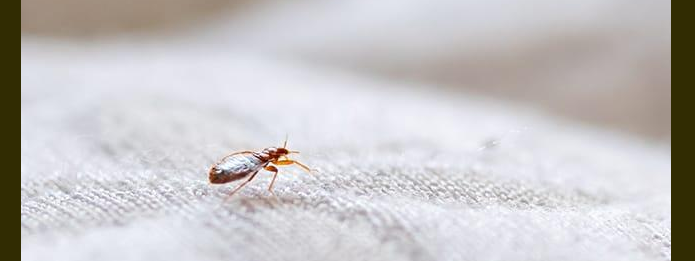 Winter is a slow time for many wild critters and pests. From bees to deer, many potential property invaders take the colder months off to recoup as their food sources replenish. However, not all pests indulge in winter vacations. For instance, take the relentless bed bug. While these parasitic insects may peak during the fall, they rarely take time off. To better understand how bed bugs are spending their winter and what you can do to protect yourself, read on.
Winter is a slow time for many wild critters and pests. From bees to deer, many potential property invaders take the colder months off to recoup as their food sources replenish. However, not all pests indulge in winter vacations. For instance, take the relentless bed bug. While these parasitic insects may peak during the fall, they rarely take time off. To better understand how bed bugs are spending their winter and what you can do to protect yourself, read on.
 Winter is a slow time for many wild critters and pests. From bees to deer, many potential property invaders take the colder months off to recoup as their food sources replenish. However, not all pests indulge in winter vacations. For instance, take the relentless bed bug. While these parasitic insects may peak during the fall, they rarely take time off. To better understand how bed bugs are spending their winter and what you can do to protect yourself, read on.
Winter is a slow time for many wild critters and pests. From bees to deer, many potential property invaders take the colder months off to recoup as their food sources replenish. However, not all pests indulge in winter vacations. For instance, take the relentless bed bug. While these parasitic insects may peak during the fall, they rarely take time off. To better understand how bed bugs are spending their winter and what you can do to protect yourself, read on.

